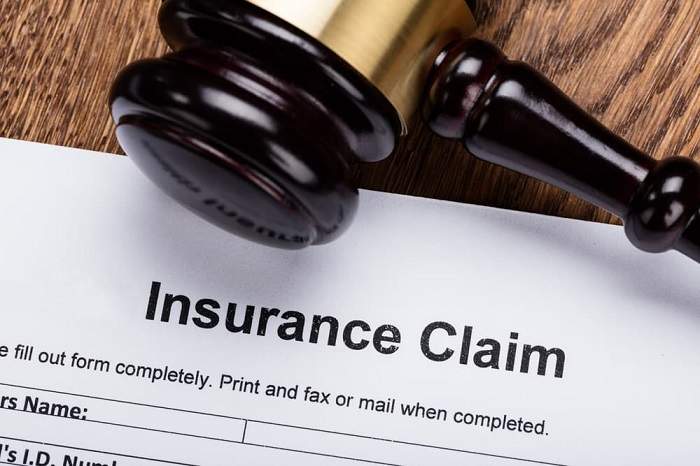
What essential information should Californians understand before seeking disability insurance benefits? How can employees ensure their rights are protected when dealing with workers’ compensation claims? These questions matter because financial support and workplace protection can significantly influence stability during challenging times.
Disability insurance and workers’ compensation exist to safeguard employees when illness, injury, or workplace accidents occur. So, can you receive California state disability and workers’ comp? The answer is yes, but claiming these benefits requires preparation and knowledge of how the systems function. Understanding eligibility, timelines, and responsibilities can prevent costly mistakes and delays.
Eligibility Requirements Must Be Clear
Employees must first learn the specific criteria for state disability insurance in California. Coverage usually applies to workers unable to perform their job due to illness, injury, or pregnancy-related conditions. For workers’ compensation, eligibility centers on injuries or illnesses that directly result from job duties or workplace exposure.
Proof of employment history and sufficient contributions to state disability insurance are crucial for approval. Workers must also understand that independent contractors or those without proper contributions may face denial. Awareness of these requirements prevents confusion and wasted effort during the claims process.
Importance of Filing Deadlines
Strict deadlines control disability insurance and workers’ compensation claims. Missing these deadlines can result in lost benefits, no matter the severity of the condition. Hence, timely action is essential.
- Disability insurance claims should generally be filed within 49 days of becoming unable to work.
- Workers’ compensation claims must usually be reported to an employer within 30 days of the injury or discovery of a work-related illness.
Medical Documentation Supports Every Claim
Claims succeed when backed by detailed medical records. Doctors’ evaluations provide evidence of the condition and its impact on work capacity. Without this documentation, approval becomes highly uncertain.
Employees should maintain clear and effective communication with healthcare providers to ensure that their records accurately reflect the full extent of their condition. Accurate forms signed by medical professionals give claims legitimacy. So, having a well-documented file helps resolve disputes faster if questioned by insurance administrators or employers.
Rights Employees Must Protect
Employees are entitled to fair treatment under California law when filing claims. Retaliation from an employer for reporting an injury or seeking benefits is prohibited. Awareness of these protections encourages workers to speak up without fear.
Key rights include:
- Access to necessary medical care related to the workplace injury.
- The right to file a claim without harassment or discrimination.
- Payment of benefits if eligibility is confirmed.
Understanding these protections strengthens confidence during the claims journey.
Differences Between Disability Insurance and Workers’ Compensation
Disability insurance and workers’ compensation serve separate purposes even though both provide financial support. Disability insurance pays benefits for conditions that prevent work but are not connected to employment. Workers’ compensation specifically covers work-related injuries and occupational illnesses.
Benefit structures also differ. Disability insurance provides partial wage replacement, while workers’ compensation includes medical coverage, rehabilitation costs, and disability benefits. Learning these differences allows employees to choose the correct path for their situation.
Seek Guidance from Reliable Sources
The process of filing claims can feel overwhelming without proper guidance. State agencies, legal advisors, and advocacy groups provide trustworthy information to help workers act with confidence. Reliable sources also reduce the risk of relying on incomplete or misleading advice.
Consulting official state websites ensures access to updated forms, instructions, and deadlines. In complex cases, experienced attorneys can protect workers from unfair claim denials. Guidance from professionals equips employees with knowledge and reassurance.
So, can you receive California state disability and workers’ comp? The answer is yes, but claiming disability insurance or workers’ compensation in California demands preparation and clarity. Employees must understand eligibility, deadlines, documentation, and rights before taking action. Equipped with the right knowledge, Californians can safeguard their health, income, and peace of mind.




